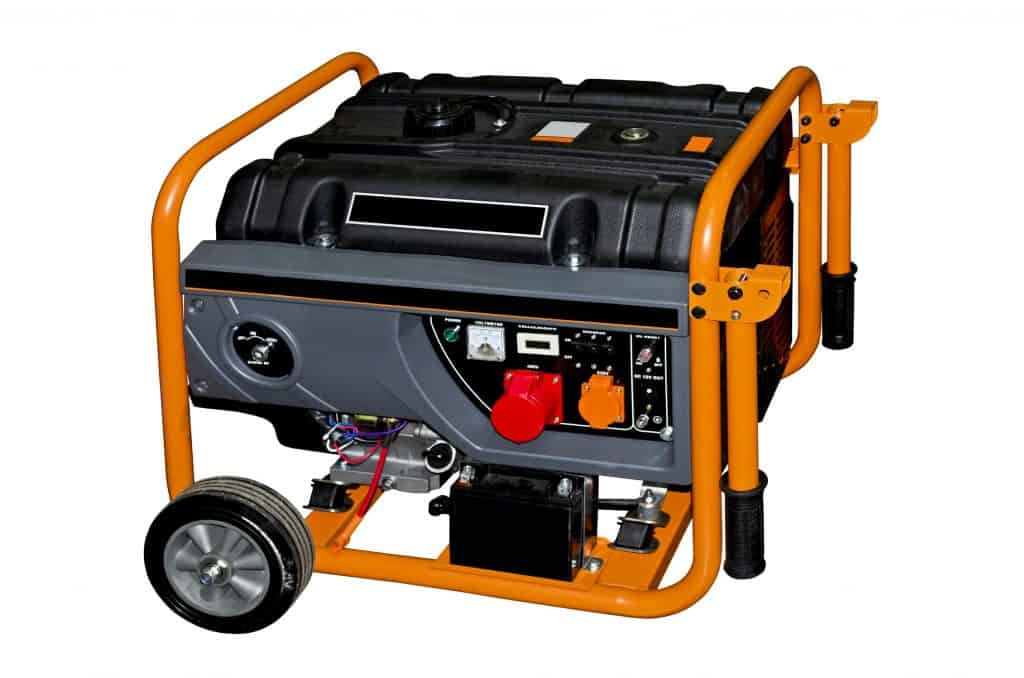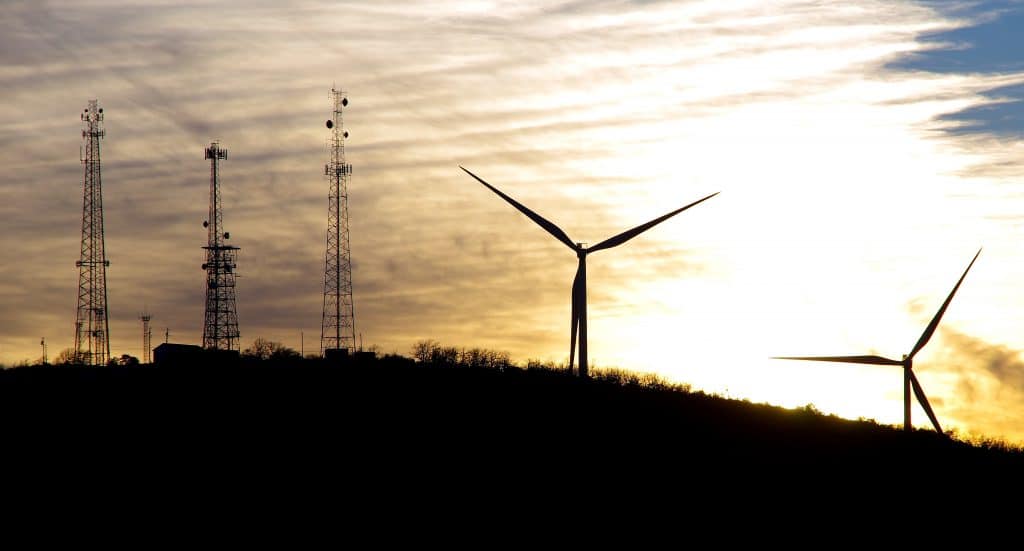Electricity is one of the most useful discoveries in this era and has been major the power source for advancing the human race for centuries not only in the medical and scientific realms, but also modern conveniences. That sphere of higher technological living isn’t limited especially when it comes to the realm of camping.
However, technology is best used to its full capacity when we understand it. Sometimes we get stuck on where to start and how to get it to work. When it comes to your RV’s air conditioning that is not exception. Nothing is worse than a hot trailer! So, what exactly is a good size for a generator to run the AC in your RV?
Air conditioners require a significant amount of energy to get started and to keep running. To power the average RV air conditioner, the generator needs to have at least a 2000- 4000-watt capacity.
There are a lot of factors involved in what size generator will work best for you, but for the most part, you will be able to use your AC and other appliances even with a 2000 watt generator.
Granted, this is quite a range of generator sizes you can choose from, so it will take a closer look to know which one will work for your adventuring needs. Not every RV or travel trailer will need a 4000-watt generator, so we will be looking at the AC unit capacities and what is required to run it.
Although it’s nice to know that you to have such a range of options so, this post will aid you in giving you the ins and outs of how generators work. It will also help you figure out what sized generator will work best for you and your adventuring needs.
How Generators Work With AC Units
Because this site caters to a lot of different RV owners, whether you be a veteran who’s looking for an update or a newbie to the whole thing, we will be going over the logistics and background to generators.
“You give a poor man a fish and you feed him for a day. You teach him to fish and you give him an occupation that will feed him for a lifetime.”
Chinese proverb
As the ancient Chinese proverb states, if we give you a little bit of background, the next time you make a purchase or need to calculate energy needs, you’ll be an old pro. Not that you’ll never have to work again if you follow the advice here, but it will save you a bunch of time and headaches.
In a nutshell, your generator works almost like a bank with an allotted amount of money or energy inside. Every time you run an appliance you take out a portion of the allotted energy you can use at a time.
If you run multiple appliances, the more you take out of the bank and are no longer available for use until some those appliances are turned off.
Another note is that RV generators have two measurements. A start-up energy requirement and a running energy requirement. The startup energy requirement is usually one that will use most energy that your generator can provide for the AC. After running for a while some of that energy will go back to the “bank.”
Let’s put some numbers behind that explanation. If I have a generator that can give 2000W (watts) and my air conditioner uses 1800 watts to start up and then running it needs about 650 watts, then I would have 1,350 watts left over to use for the rest of my appliances in the RV after it initially starts up.
A keynote, make sure that when you are buying a generator get one that is more than what is required to just get your AC running. If you don’t you won’t have any leftover energy to power your phone, microwave or other appliances.
Keeping at the very least a 200-400 watt buffer from how much energy is required from the start-up energy requirement will help you from experiencing an energy shortage.
It is pretty unfortunate that the AC uses a lot of the energy that one generator could use to power most of the RV. Especially in the summertime when we use our AC the most. Hopefully, you don’t have to choose between your morning coffee and the AC too often.
Common Sizes of Generators That Work Best

With all the choices that you have for the right generator, here is a quick line up of what to expect. On the low end, you’ll see generators that have 400-800 watt capacities. On the high end, you will see 3400- 4000-watt generators.
These generators are most often portable, but they sure do pack a punch despite their size. You can get any sized generator you want to charge your phone, but AC units, since they are the energy guzzlers of the RV world, you’ll need something hefty.
A safe generator size is about 2200 watts. This is a common kind and most people I have found, especially if you don’t use the AC a lot, this is a perfect fit for them. Usually, the pricing for these ranges from $430 to about $750 US dollars. Of course you will find a few outliers that can be under $300 or over $900, but for the most part that’s your price range.
What you can run with this type of generator would be with a 10,000 BTU AC, of course, the lights inside, a microwave or coffee maker. Smaller appliances like this can be run but it is suggested not to do it all at once.
For a generator that you want it to run more than just a small AC unit, a 3200-watt generator could handle a larger AC unit and few more appliances. If you just want to cut throughout all the grey area and just play it safe. The 4000-watt generator covers even the largest RVs and lots of appliances.
As a reference guide, if you want to do a little general estimation, below is a chart with common household appliances that you may be using. This is just to give you a general idea of what you could see. Sometimes 2200 watts doesn’t seem like a whole lot, however, it can go a long way.
| Refrigerator | 700 | Microwave | 625 |
| Coffee Maker | 1000 | VCR | 100 |
| Phone Charger | 10 | Lightbulb | 60 |
| Toaster | 850 | Dishwasher | 1500 |
Calculating Your Specific Needs

Watts, volts, and BTU’s oh my! It can get overwhelming. I’m not a mathematician or the worlds best electrician, but I can give a few pointers on the things that I have learned about all the air conditioner business.
There is a little bit of math involved to know which generator is best for you, but for the most part, you’ll find that is really straight forward once a few terms are learned.
A variable to keep in the back of your mind would be the size of your RV and how many appliances you want to bring with you on your trip.
The bigger the RV or the more appliances you have, the more energy you will need or you’ll just have to get selective of when and how much you want to use each appliance.
You’ll see that the common unit of measurement for AC units is BTU. This just stands for British Thermal Unit. It’s what air conditioner scientists use to identify the whole capacity of your AC unit. I’m just really glad they know how to do the math.
Below I’ve just decided to make you a quick little chart to help you figure out not only the size of your AC unit but also correlating wattage you’ll need for your generator. You’ll also see average needs for sq feet that your AC will cover. This includes an average of start-up energy needs and running needs.
| Room Size | Area sq. ft. | BTUs needed | Generator Wattage Needed |
| 20 x 30 | 600 | 14,000 | 3000-3200 |
| 20 x 20 | 400 | 12,000 | 2600-2900 |
| 15 x 20 | 300 | 10,000 | 2200-2600 |
| 10 x 20 | 200 | 8,000 | 1400-2100 |
Most generators can give your AC unit the energy it needs, just make sure you are checking the amount your AC units require for their BTU’s and how much your generator needs. If you were looking for a little bit of formula on how to calculate, here you go!
Watts= AMPs x Volts. So you have a 30 amp, and a 115 volt AC you will be at 3,450 watts. You’ll probably need a 3,500-watt generator at least. Or for a quick formula for converting BTUs– 51.18 BTU/h is equal to 1 watt. The “h” represents “per hour”.
How to Get the Most Out of Your Generator While the AC is On

Now there are a lot of factors that contribute to the life and energy capacities for generators and AC units. This is just a general post of what to expect when you are choosing a generator. One thing that may be tricky is just to see how you can maximize the generator while catering to the needs of the rest of the RV.
This section will go over a few ways that you can be wise with the amount of wattage you have and use. It’s always good to be aware of the environment and to be frugal with our resources. The point of camping is enjoying nature, so here are a few ways you can do that.
For AC units you can run them only at certain times during the day and not at full power. If you are aware of the times of day that you are mostly in your RV or when you like making breakfast, being aware of what appliances are on help save on energy.
My mom would always tell my siblings and me to turn off the lights in the rooms we weren’t in anymore. Saves heat and energy bills. Below are actually a few do’s and don’ts you can try to maximize your generators allocation of energy to the AC.
- Do: Clean your filters and overall unit often.
- Don’t: keep your AC unit running for long periods of time. It runs down the machine faster.
- Do: Circulate the air in your RV by turning on the fan and not just turning the temperature way down.
- Don’t: blast the AC on full power for short periods of time throughout the day. This will not only make it harder for your RV to cool faster, but it also will use more energy. Try low and slow.
- Do: use some appliances during the evening or night time (besides dangerous appliances) like charging phones or dishwashers to balance out the energy usage. If you don’t have all your appliances running at once you’re able to just work a little more efficiently.
- Do: unplug the things you aren’t using. Sometimes, plugged in items like TVs will still consume energy even when they are “off” as to aid in a quicker response time of turning on.
Some people have even asked, due to the significant amount of energy that is used by the AC if there are alternatives. In fact, there is an option that hasn’t been listed yet and that is using solar-powered items to support the energy consumption or even replace a generator.
While this is a possible feat, depending on how you go about it, most of the time it is a little bit more of an expensive and unpredictable (dependent on sunshine) investment, some RV users have done it and liked how it worked out for them.
Below is a link to not only a website but some really helpful videos about how to size your AC unit and the pros and cons of installing a solar panel on your RV.
Overall, you have a lot of options in working around and with your AC unit. You will find that a lot of the generators on the market can be used for multiple types of AC units, as a lot of factors are involved, but with some careful research, you’ll be able to find the best one for you.
